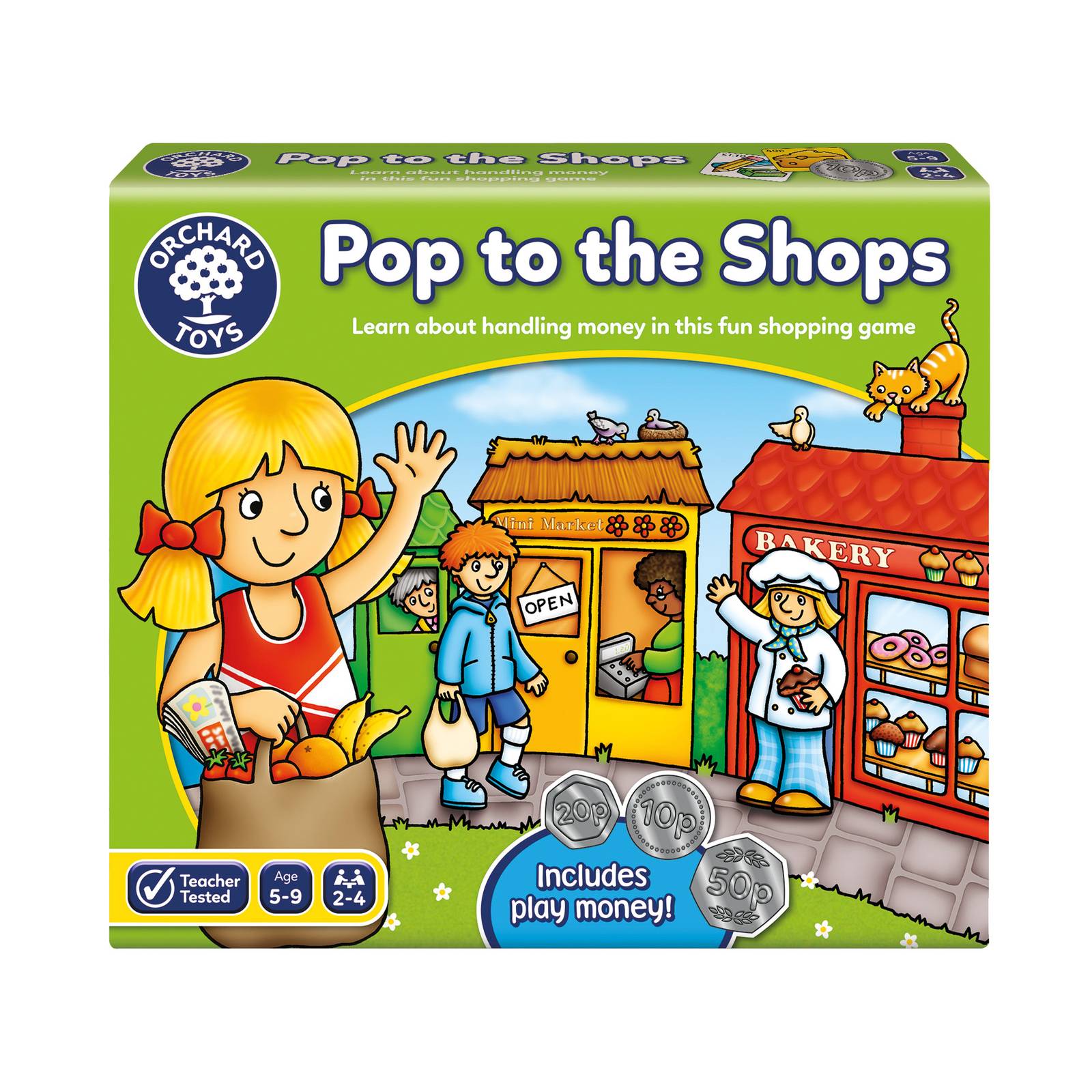Explore Fun and Learning at Your Local Toys and Games Shop
Explore Fun and Learning at Your Local Toys and Games Shop
Blog Article
The Social and Cognitive Benefits of Board Games: Building Bonds and Brainpower With Play
Board games provide an engaging intersection of social interaction and cognitive advancement, providing much more than mere amusement. What makes board games distinctly effective in these duties, and exactly how do they offer as a bridge between social connection and mental acuity?
Reinforcing Social Connections
When individuals gather to play board video games, they engage in an activity that normally cultivates social interaction and interaction. Board video games provide a structured setting in which participants can get in touch with each other, promoting the growth of social connections. Through shared objectives, techniques, and decision-making processes, gamers boost their ability to negotiate and cooperate, skills crucial in both individual and expert worlds.
The social characteristics involved in parlor game provide a comprehensive platform for participants of diverse backgrounds and ages to interact on an equivalent ground. This setting advertises empathy and understanding as players browse the intricacies of the game with each other, typically calling for collaboration to attain individual or collective success. In addition, parlor game can act as a driver for conversation, supplying subjects for conversation that prolong past the video game itself, therefore reinforcing social bonds.
The physical existence of gamers during parlor game sessions also plays an important role in strengthening social connections. Unlike electronic communications that may lack depth, in person involvements enable the expression of feelings and non-verbal cues, enhancing the communication experience. Inevitably, the common experiences and memories produced through board video game play contribute substantially to constructing resilient, meaningful partnerships among individuals.
Enhancing Cognitive Capabilities

Board video games additionally foster important thinking and decision-making capabilities. This type of cognitive engagement mirrors real-world decision-making procedures, making board games an important device for cognitive advancement.
Moreover, board games can boost spatial reasoning and mathematical abilities. Gamings involving pattern acknowledgment and checking, such as Sudoku or Ticket to Experience, challenge players to identify series and compute likelihoods. Therefore, regular participation in board games can add to an individual's total cognitive development, offering both short-term enjoyment and lasting intellectual advantages.
Urging Team Effort and Teamwork
Getting involved in board video games serves as a superb platform for cultivating teamwork and participation abilities. Several board games are designed to be played in teams, calling for gamers to communicate properly, strategize jointly, and make choices that benefit the group.
Additionally, board games supply a dynamic setting where individuals can exercise dispute resolution and arrangement skills. When disputes emerge, players should participate in constructive dialogue to reach a consensus, teaching important lessons in diplomacy and concession. Such interactions are critical in personal and professional setups, where collaboration is typically required to accomplish common goals.
Board games additionally promote a sense of belonging and shared purpose, as players collaborate in the direction of an usual result. This common experience can reinforce interpersonal connections, construct trust fund, and boost the capability to operate in harmony with others. Inevitably, engaging in board games is a enjoyable and functional ways of creating crucial team effort and teamwork abilities that transcend the gaming table.
Boosting Strategic Believing
In enhancement to fostering teamwork and teamwork, board video games supply an abundant ground for boosting critical thinking skills. Numerous board games require players to devise strategies, anticipate opponents' relocations, and adapt to advancing scenarios. This dynamic setting motivates gamers to take part in crucial reasoning and analytical. Games such as chess, Risk, and Settlers of Catan exhibit this, as they test participants to examine risks, allocate resources sensibly, and plan several moves in advance (Toys and games shop).
The strategic complexity intrinsic in these games cultivates a way of thinking of foresight and flexibility. Gamers need to consider possible end results, think about various approaches, and choose that straighten with their long-lasting objectives. With this constant psychological workout, people can fine-tune their capability to examine situations and establish techniques in real-life contexts. Moreover, the affordable nature of board games commonly demands fast reasoning and the ability to change approaches in feedback to unexpected growths, developing gamers' capabilities to think on their feet.
Board games also function as a platform for gaining from both failings and successes. Toys and games shop. By reviewing their efficiency, gamers can identify areas for enhancement and cultivate a development way of thinking, which is essential to developing calculated acumen with time
Fostering Emotional Intelligence
Board video games offer a valuable opportunity to cultivate psychological intelligence by giving a structured setting where gamers can observe and handle emotions, both their own and those of others. By immersing themselves in the roles that video games develop, people can much better recognize varied point of views, enhancing their capacity to connect to others in real-world contexts.
In addition, parlor game often present scenarios where players need to deal with losses and victories gracefully. This element of gameplay urges the development of emotional regulation, durability, and perseverance-- crucial elements of basics psychological knowledge. Learning to accept loss and celebrate success without pompousness can convert right into healthier social partnerships outside the video gaming context.
Additionally, the joint nature of many parlor game fosters a sense of area and belonging, which can boost social bonds and promote a helpful setting. With routine communication and shared experiences, gamers can improve their social abilities, inevitably adding to a more emotionally intelligent society. Toys and games shop. Thus, board games function as a enjoyable and useful tool for supporting emotional development
Final Thought

Board games can offer as a driver for discussion, using subjects for discussion that prolong beyond the game itself, thus enhancing social bonds.
The physical visibility of players during board game sessions likewise plays a crucial function in reinforcing social connections.Involvement in board games supplies a distinct mix of enjoyment and intellectual stimulation, supplying considerable cognitive benefits to gamers. The competitive nature of board games usually requires fast reasoning and the ability to modify approaches in reaction to unforeseen advancements, honing gamers' capabilities to believe on their Website feet.
Board video games provide a useful opportunity to foster psychological intelligence by giving an organized environment where gamers can observe and handle feelings, both their very own and those of others.
Report this page